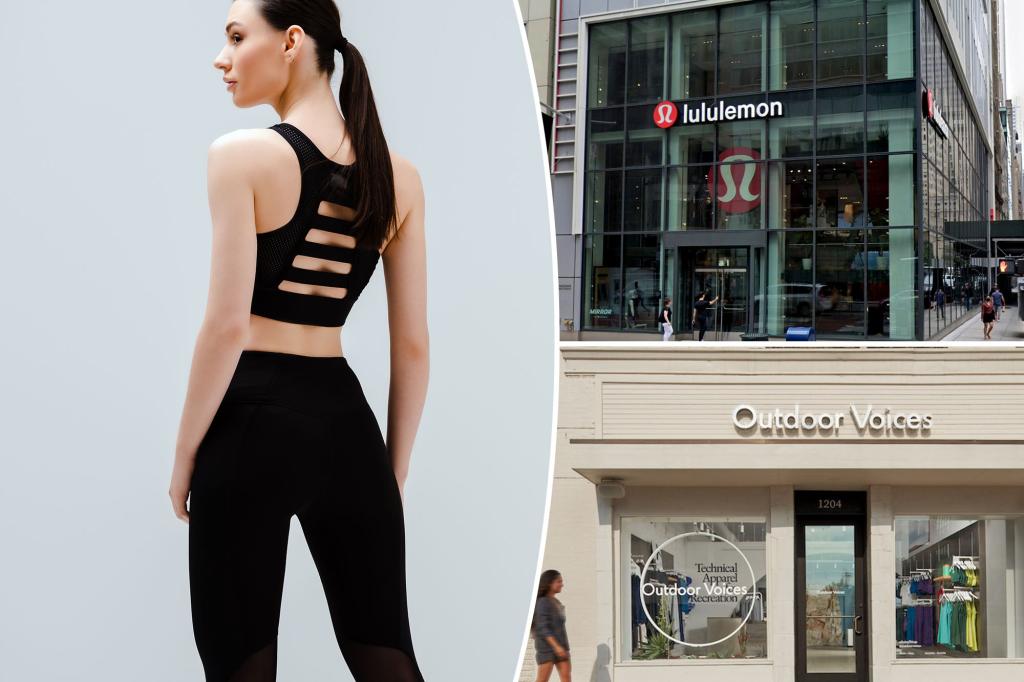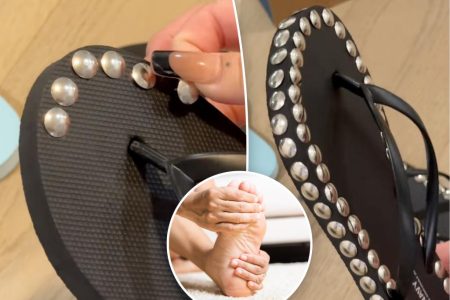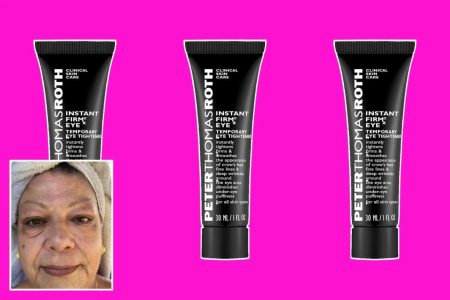Despite the continued success of popular athletic brands like HOKA and On Cloud, the overall market for premium athletic apparel seems to be entering a downturn. Major players such as Lululemon and Nike are experiencing faltering sales, with Lululemon reporting only a 9% growth in the Americas in Q4, significantly lower than previous years. Shares of Lululemon dropped 16% as a result, indicating a shift in consumer behavior in the US.
Nike also warned of potential revenue decreases and cut back on inventory of some legacy styles, leading to a dip in their shares. Other top sports brands like Puma, Under Armour, and Adidas are also facing challenges, with Puma projecting a weak start to the year, Under Armour seeing a revenue decrease, and Adidas reporting its first annual loss in three decades. Even once-popular brands like Allbirds and Outdoor Voices are experiencing performance issues, with closures of storefronts and changes in leadership.
New and innovative brands like Vuori and Alo Yoga are gaining market share and popularity, with Alo Yoga valued at $4 billion in 2021. Alo Yoga, backed by the Kardashian-Jenner family, is focusing on a digital presence rather than traditional brick-and-mortar stores. The company emphasizes a lifestyle brand, offering more than just apparel with unique experiences like matcha on tap and fitness classes. In contrast to traditional brands like Lululemon, Alo Yoga is resonating with younger, trend-focused consumers.
To compete with newer, trendier brands, legacy labels are focusing on innovation to stay relevant. Lululemon is exploring sustainable garments made from recycled materials to address their innovation problem, while Nike is cutting back on traditional styles to prioritize new, performance-focused products. Nike’s CEO emphasized the importance of innovation, mentioning it 20 times in an earnings call. The shift towards innovative products reflects a broader trend in the industry as brands seek to differentiate themselves in a crowded market.
With newer brands like Vuori and Alo Yoga capturing consumer attention and market share, long-standing athletic apparel giants are facing unprecedented challenges. The rise of these brands highlights a shift in consumer preferences towards more digital, experience-driven brands that offer unique lifestyle elements along with their products. Legacy brands like Lululemon and Nike are adapting by focusing on sustainability and innovation to stay competitive in a rapidly evolving market landscape.
Overall, the premium athletic apparel industry is experiencing significant changes and challenges, with established brands facing competition from newer, more innovative companies. As consumer behavior shifts and preferences evolve, brands must adapt by prioritizing sustainability, innovation, and unique brand experiences to maintain relevance and capture market share. The industry is at a crossroads, with brands like Lululemon and Nike reevaluating their strategies to compete with emerging players like Vuori and Alo Yoga.















